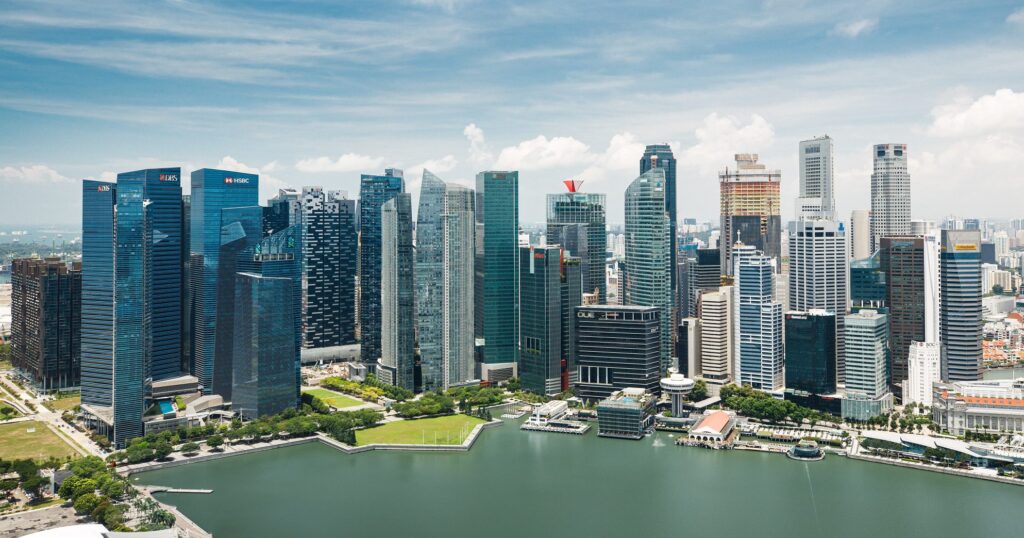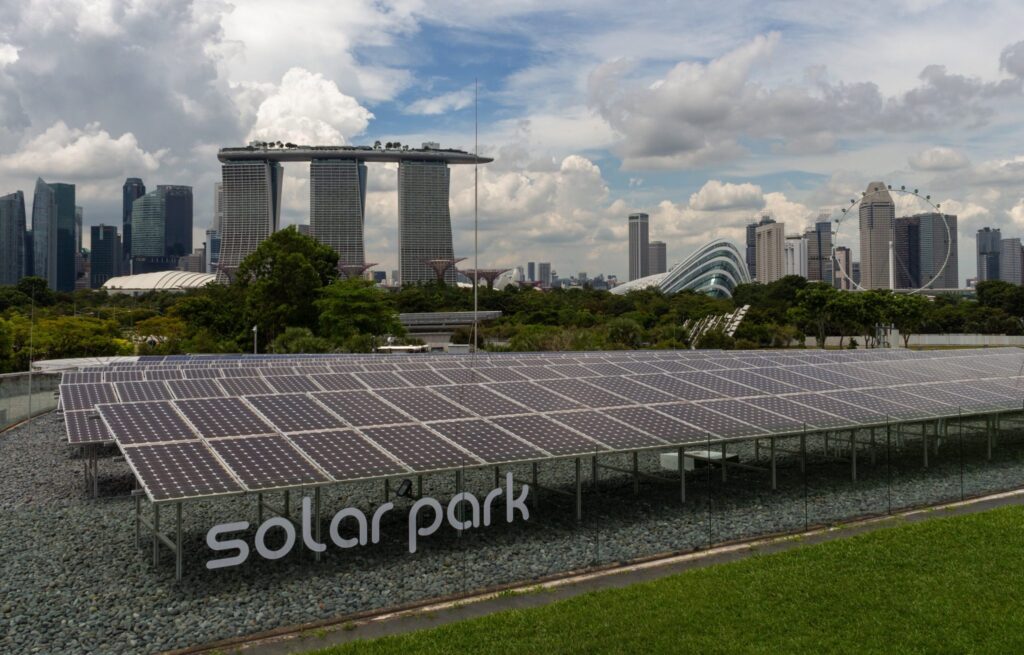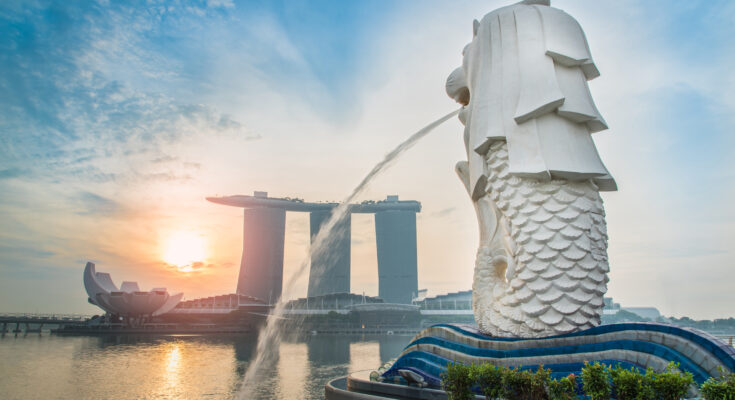Singapore’s global reputation as a financial powerhouse is well established, but in 2025 the story goes deeper. The city-state is steadily shaping itself into Asia’s leading hub for sustainable investment, blending its strengths in finance, innovation, and governance with an ambitious environmental agenda.
At the heart of this transformation is the Singapore Green Plan 2030 — a nationwide commitment to drive economic growth in ways that are both profitable and environmentally responsible. The strategy is backed by significant public investment, pro-business policies, and a willingness to lead the region in setting green standards.

A Blueprint for Green Growth
The Green Plan 2030 outlines a multi-pronged approach to sustainable development:
- Issuing over S$35 billion in green bonds to finance low-carbon infrastructure, from electric public transport to large-scale solar energy projects.
- Steadily raising the carbon tax — from S$25 per tonne in 2024 to S$50–S$80 by 2030 — to encourage industries to innovate and reduce emissions.
- Expanding solar capacity fourfold and exploring regional renewable energy partnerships.
For investors, these aren’t just environmental targets — they represent tangible market opportunities in infrastructure, technology, and services.
Why Investors Are Paying Attention
Singapore’s competitive edge in sustainable finance comes from its ability to combine capital access with policy certainty. The country has become Asia’s top issuer of green and sustainability-linked bonds, while also offering generous incentives for companies that bring clean technologies or low-carbon solutions to market.
The innovation ecosystem is another pull factor. From climate tech accelerators to research partnerships with leading universities, the groundwork is in place for rapid scaling of solutions in areas such as carbon capture, the circular economy, and green mobility.
High-Potential Sectors
Opportunities extend across multiple industries, including:
- Renewable Energy: Solar, offshore wind, and cross-border green power initiatives.
- Green Transport: Electric vehicle infrastructure, battery technology, and sustainable aviation fuels.
- Sustainable Manufacturing: Low-emissions production of advanced materials.
- Water & Waste Management: Desalination, water recycling, and waste-to-energy facilities.

Momentum in Action
A notable example is Keppel Corporation’s S$6.3 billion fundraise in 2025 aimed at developing energy-efficient data centres and sustainable education assets. Moves like this signal a decisive shift in capital allocation toward projects that meet both financial and environmental performance benchmarks.
The Timing Advantage
Global ESG investment flows are accelerating, and Singapore’s positioning gives early entrants a distinct edge. Companies that establish themselves now can benefit from stronger government engagement, better site availability, and priority access to funding programs.
Coming up next: Vietnam, Malaysia, Hong Kong, and the UAE — with deep dives into incentives, infrastructure, and sector growth.
📌 Stay connected — follow InvestinAsia on every platform for the latest updates, trends, and practical guides to building your business across Asia’s most promising markets.
Tel: (+66) 02 1188 999
Email: hello@investinasia.co.th
Website: https://investinasia.co.th
Google Map: Click here



